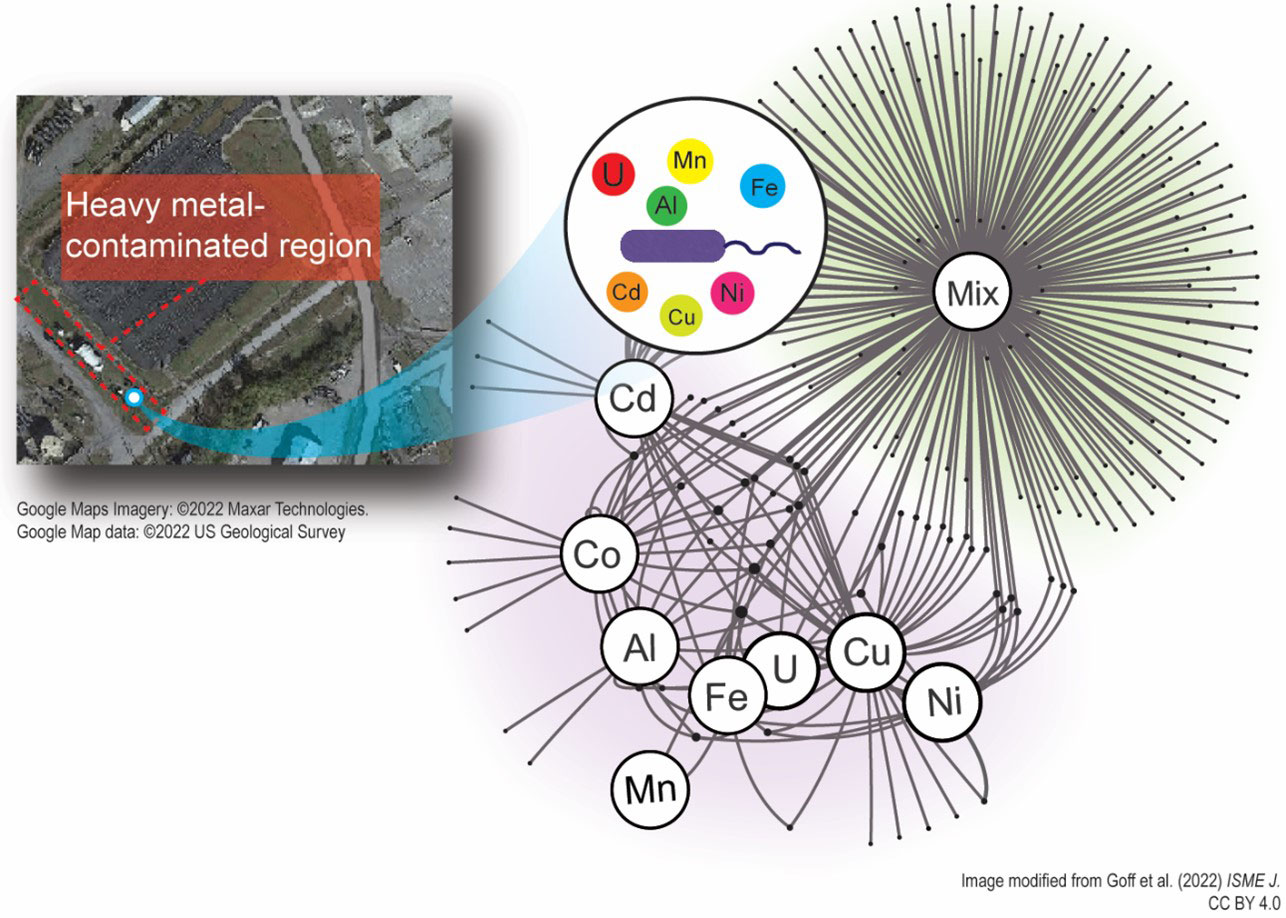
Metal Contamination Causes Metabolic Stress in Environmental Bacteria
The mixed metal waste common to industrial dumping sites causes metabolic stress in bacterial iron metabolism that cannot be explained by additive single metal exposure.

The mixed metal waste common to industrial dumping sites causes metabolic stress in bacterial iron metabolism that cannot be explained by additive single metal exposure.
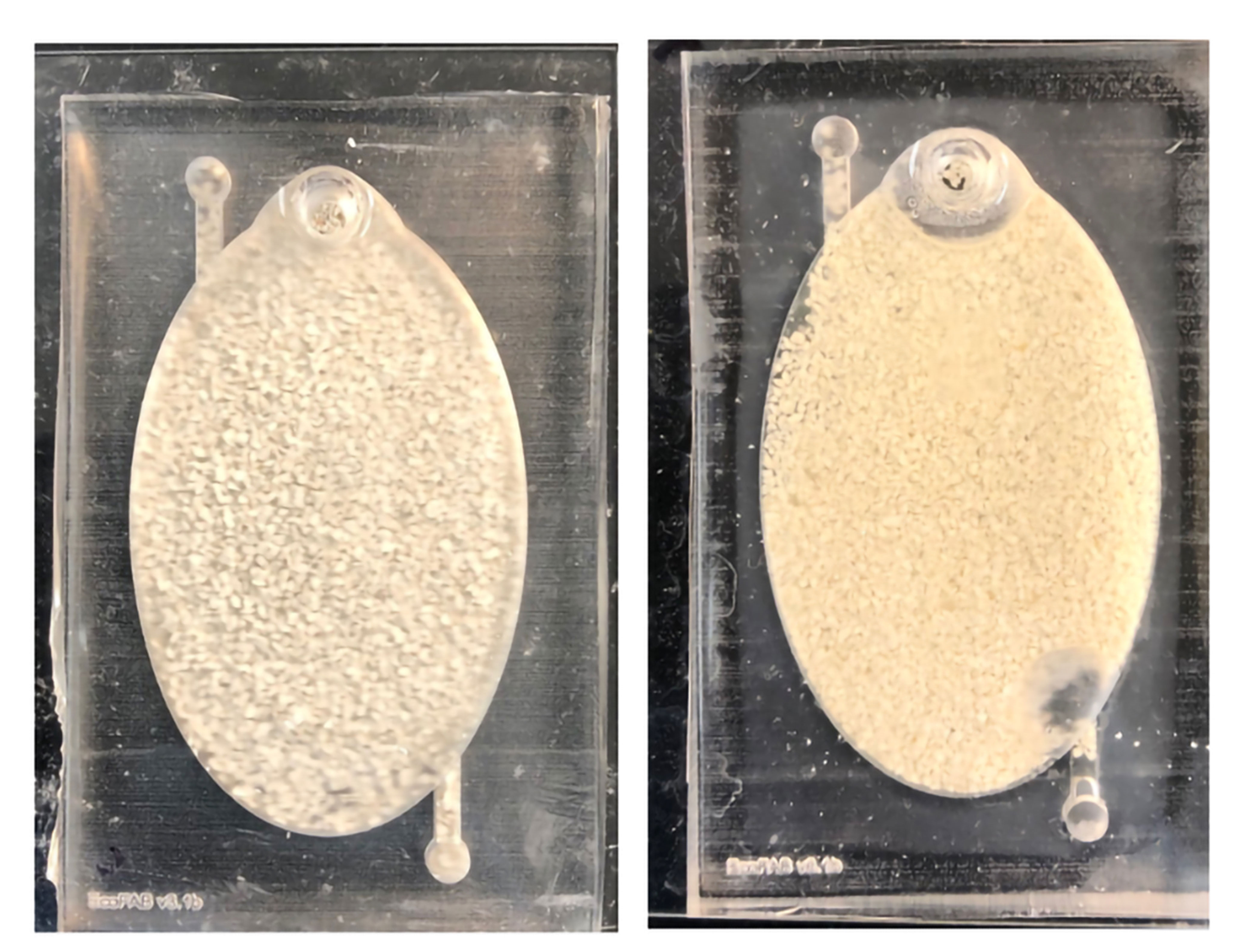
Researchers use CRISPR to engineer a bacteriophage to deliver DNA into targeted members of microbial communities for precise genome editing.
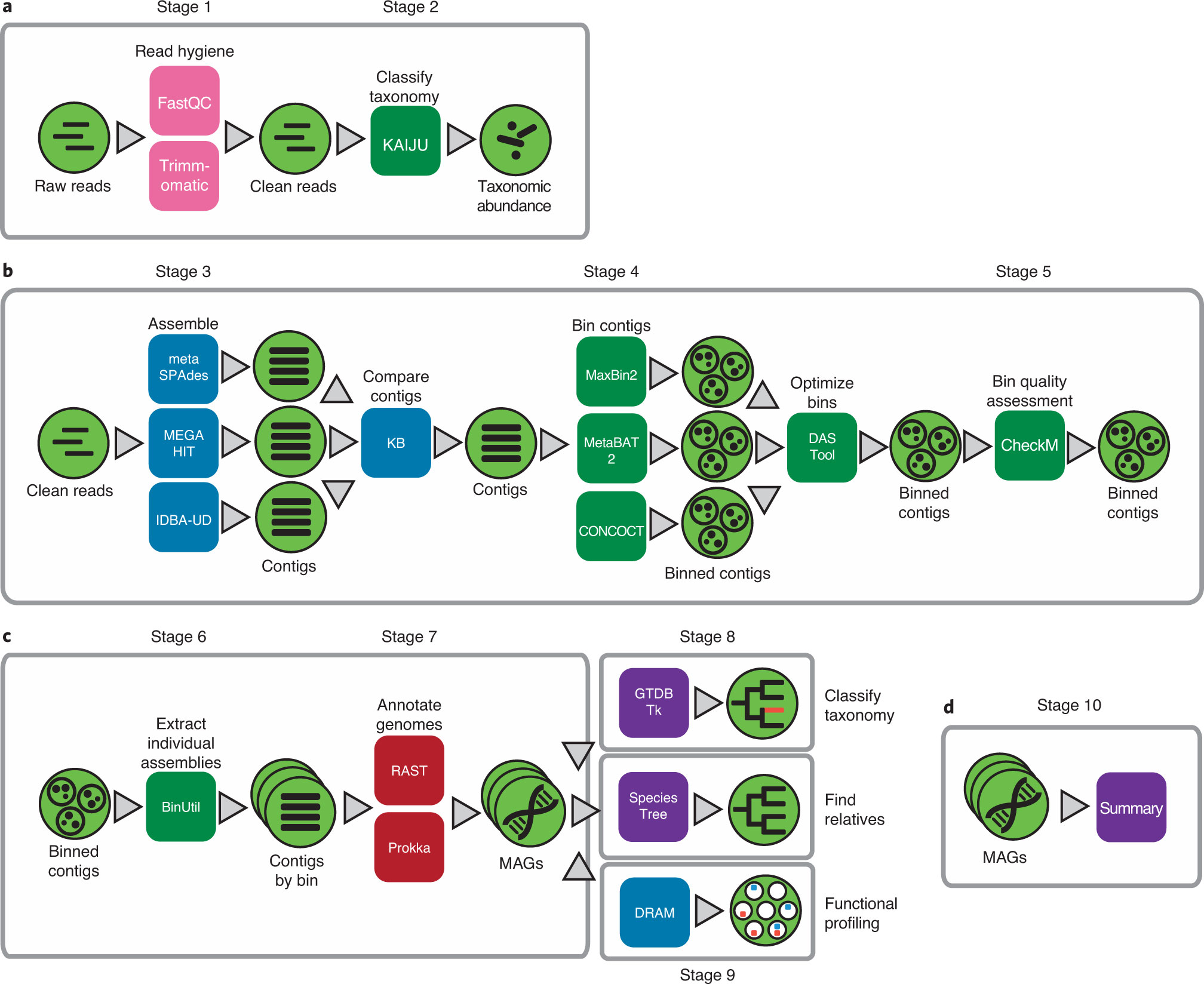
New article describes how to extract and analyze genomes from microbiomes using the Department of Energy Systems Biology Knowledgebase
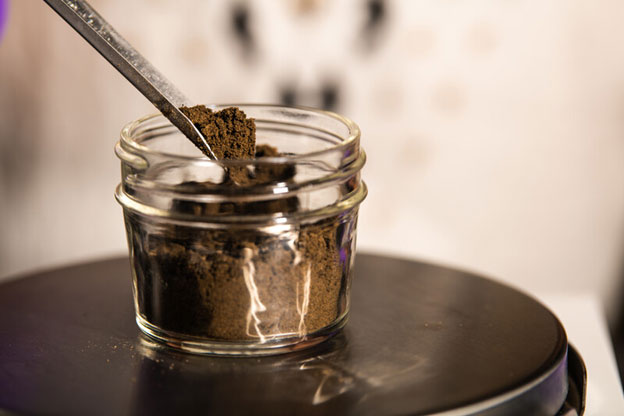
Even microbes that can’t break down a plentiful food source can still be successful by interacting with fellow community members.
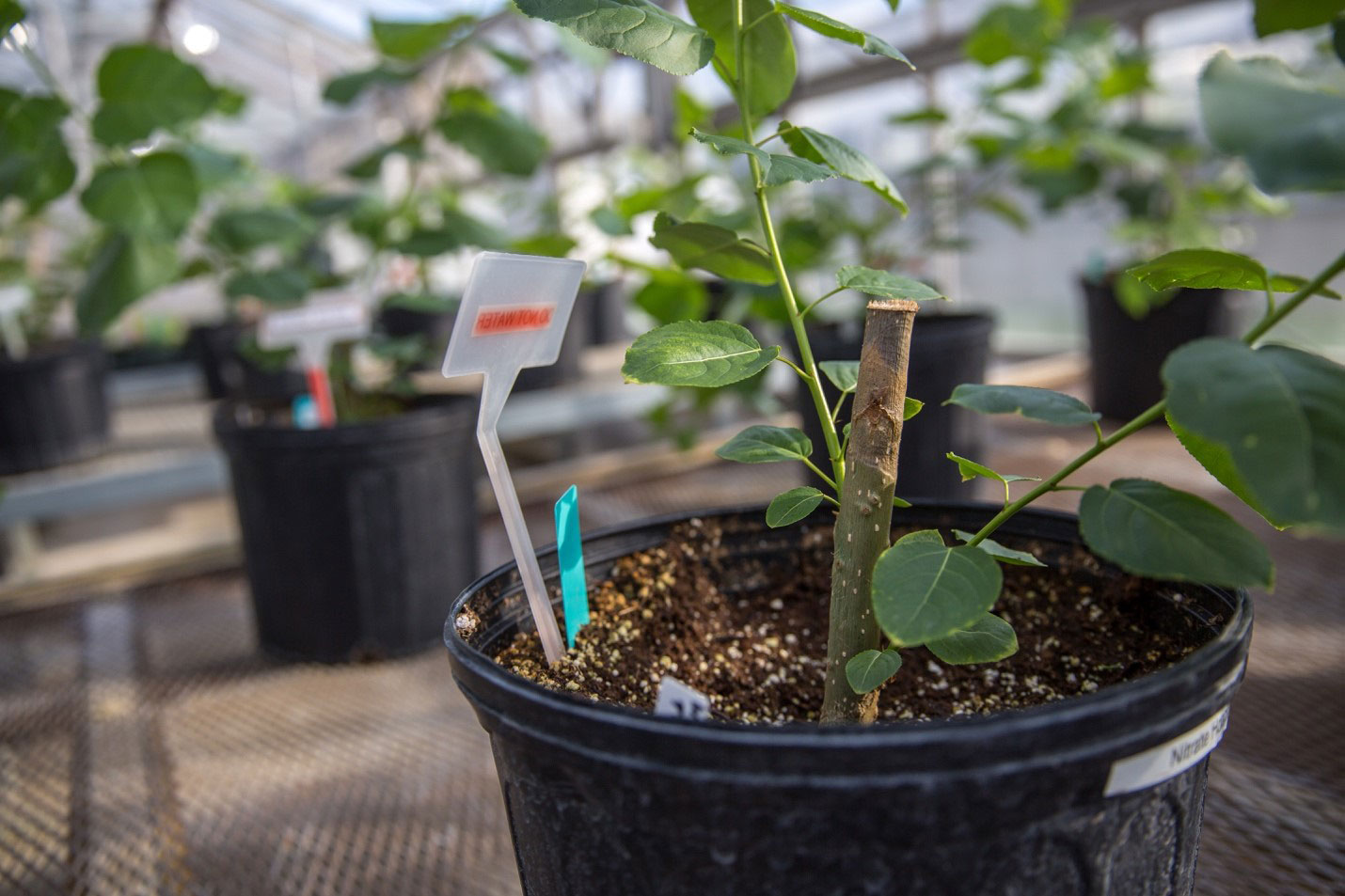
Scientists introduce a bacterial enzyme into bioenergy poplars to increase the amount of a valuable platform chemical.
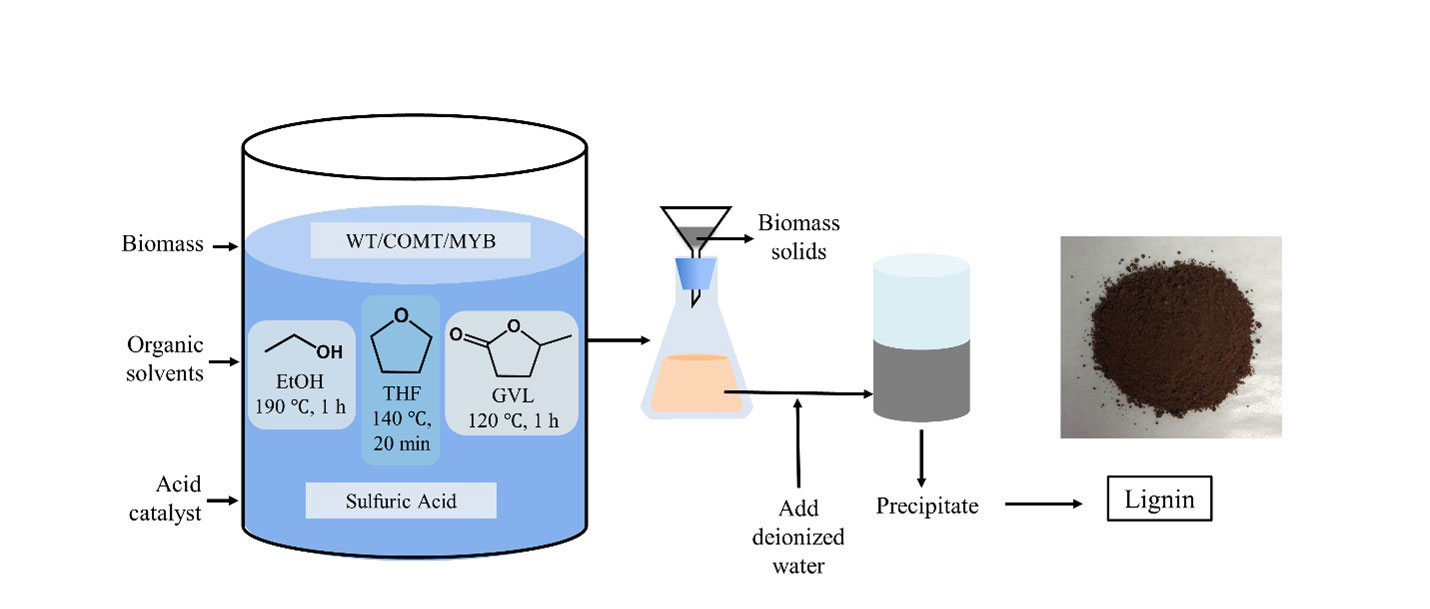
Three common solvents for pretreating switchgrass yield lignin extracts with the potential for making different valuable bioproducts.
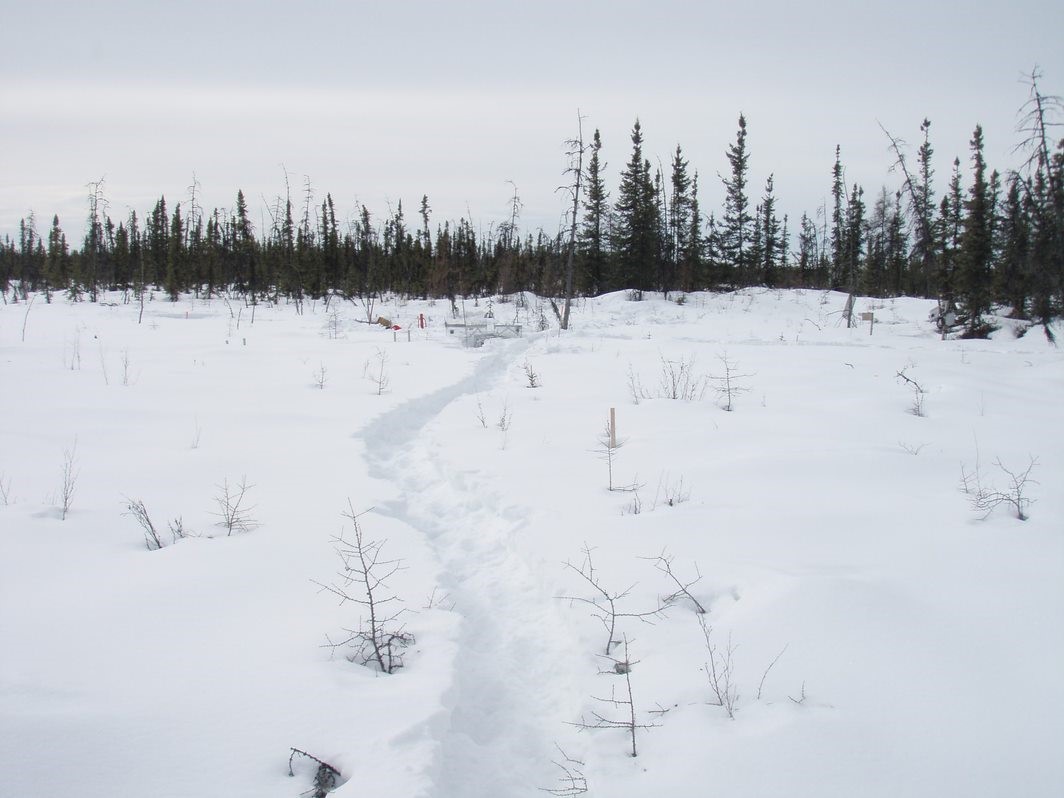
Scientists investigate virus-host interactions at sub-freezing temperatures in Arctic peat soil.
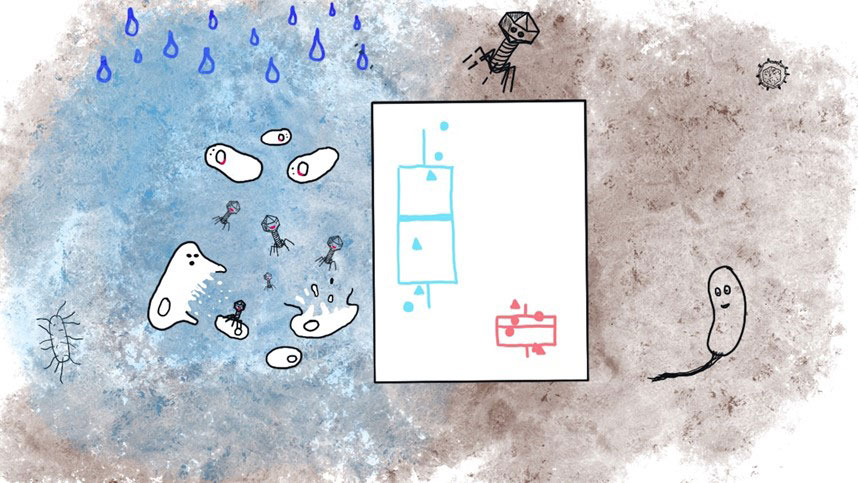
Soil moisture influences the activity of soil DNA viruses and the composition and abundance of RNA viruses.
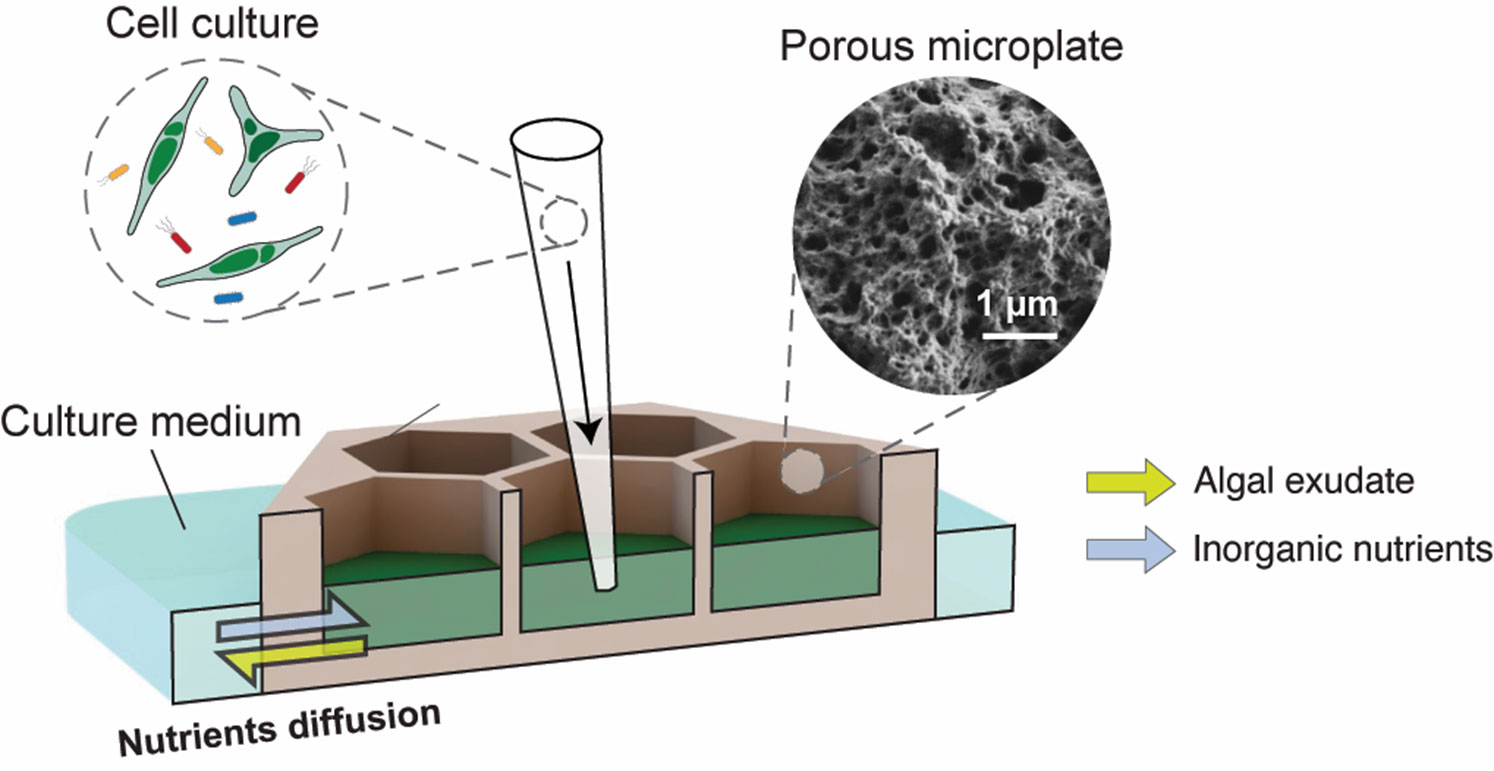
A new cultivation technology called a “porous microplate” reveals how photosynthetic microalgae interact with their micro-environment.
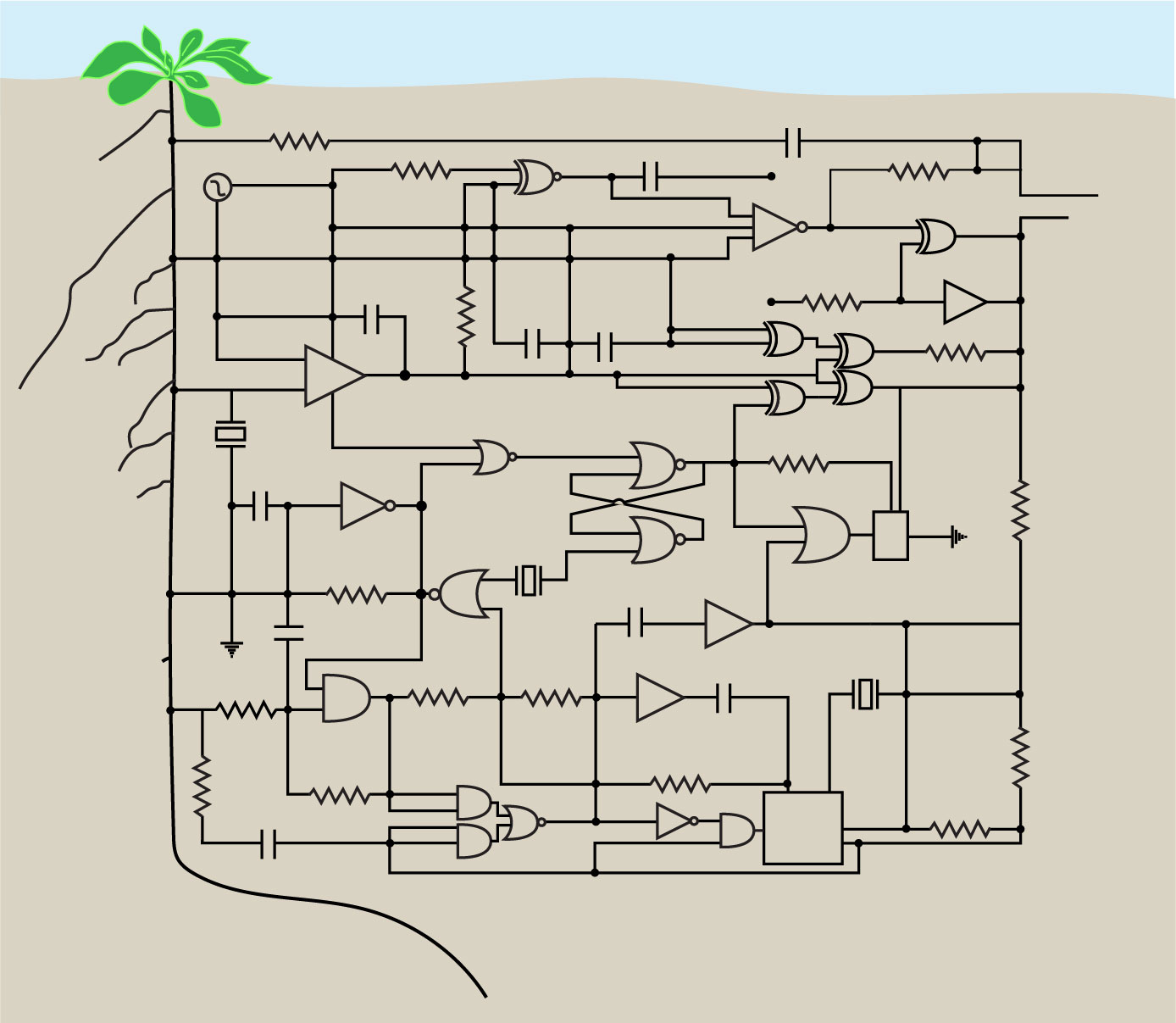
Scientists use engineered gene circuits in plants to control gene expression and root architecture.

Microbes in Arctic soils are equipped to respond rapidly to the diverse effects of ongoing permafrost thaw.
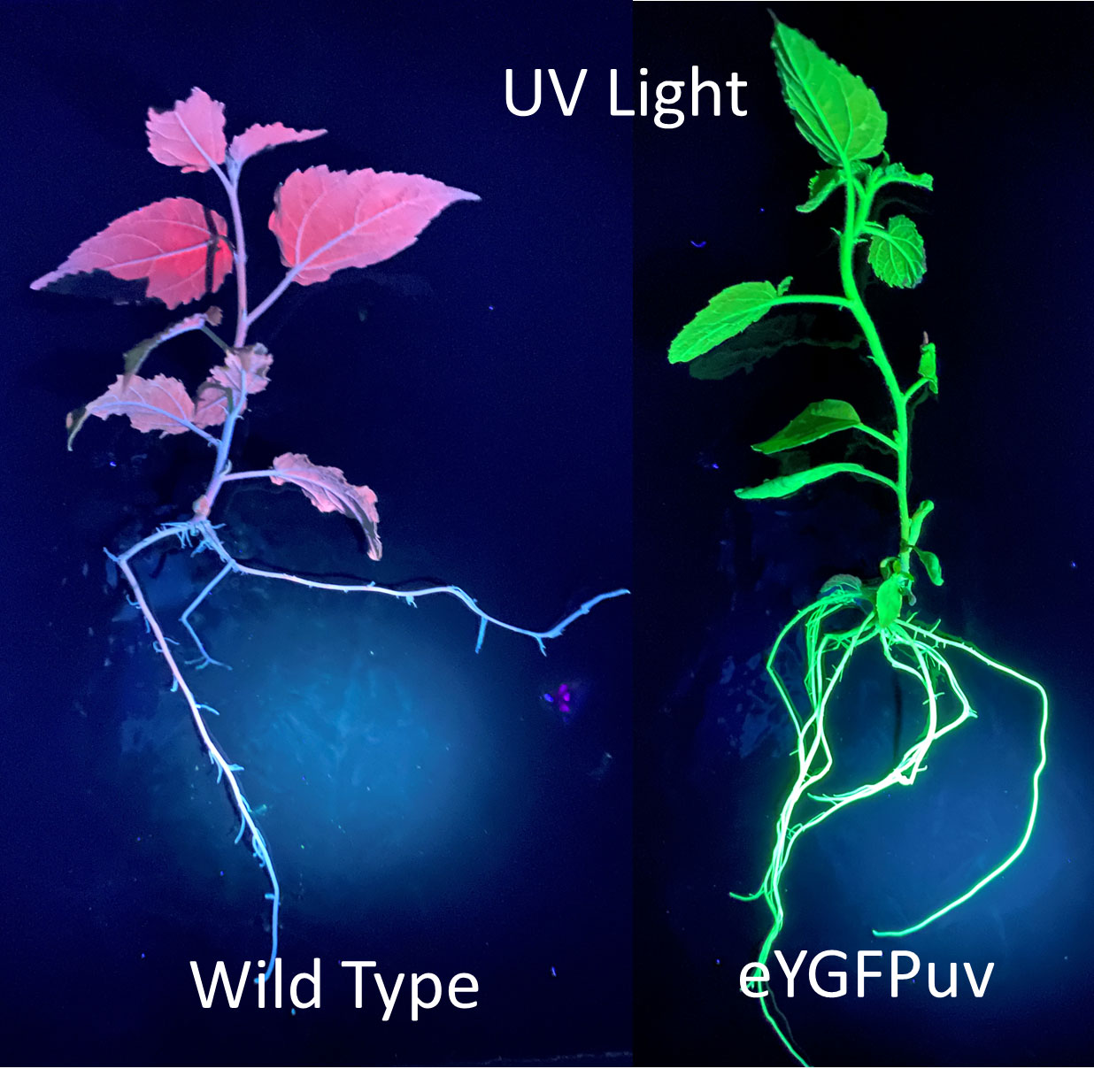
A new UV-visible protein allows researchers to see gene expression in plants without special equipment.